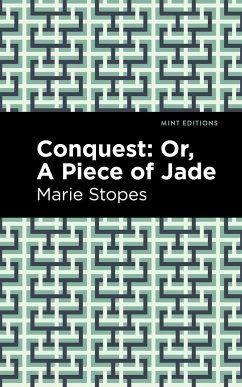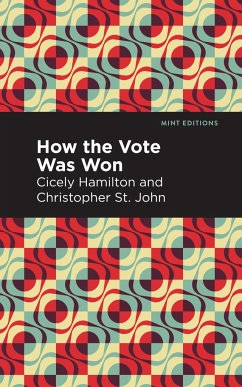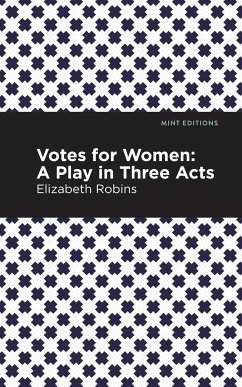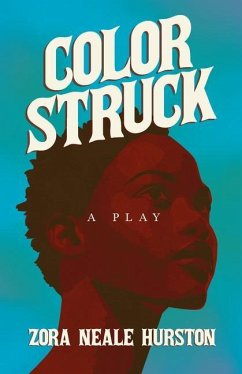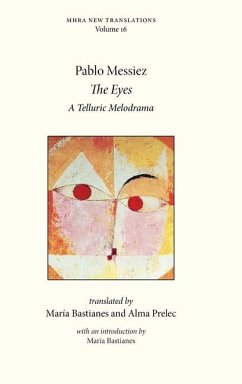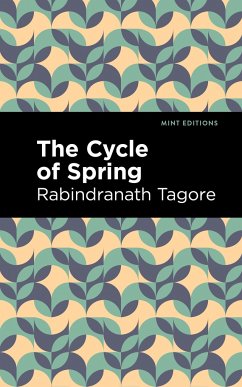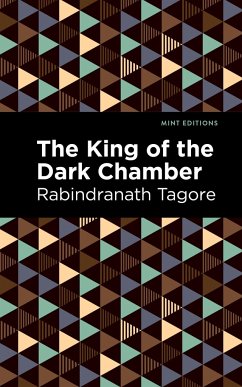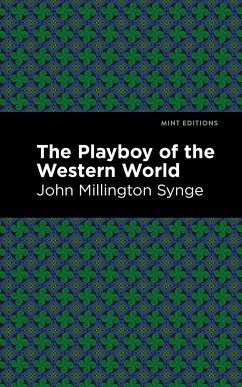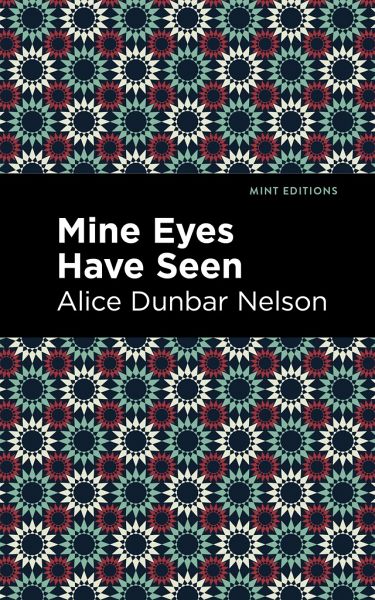
Mine Eyes Have Seen
Versandkostenfrei!
Versandfertig in über 4 Wochen
12,99 €
inkl. MwSt.
Weitere Ausgaben:

PAYBACK Punkte
6 °P sammeln!
When their father is lynched by white neighbors, Dan, Chris, and Lucy follow their mother north. Heartbroken and ill from the journey, she dies upon reaching the city, leaving the siblings to fend for themselves. When Dan is injured at work, financial responsibility falls to Chris, a bitter young man. Mine Eyes Have Seen is a play by Alice Dunbar Nelson.



